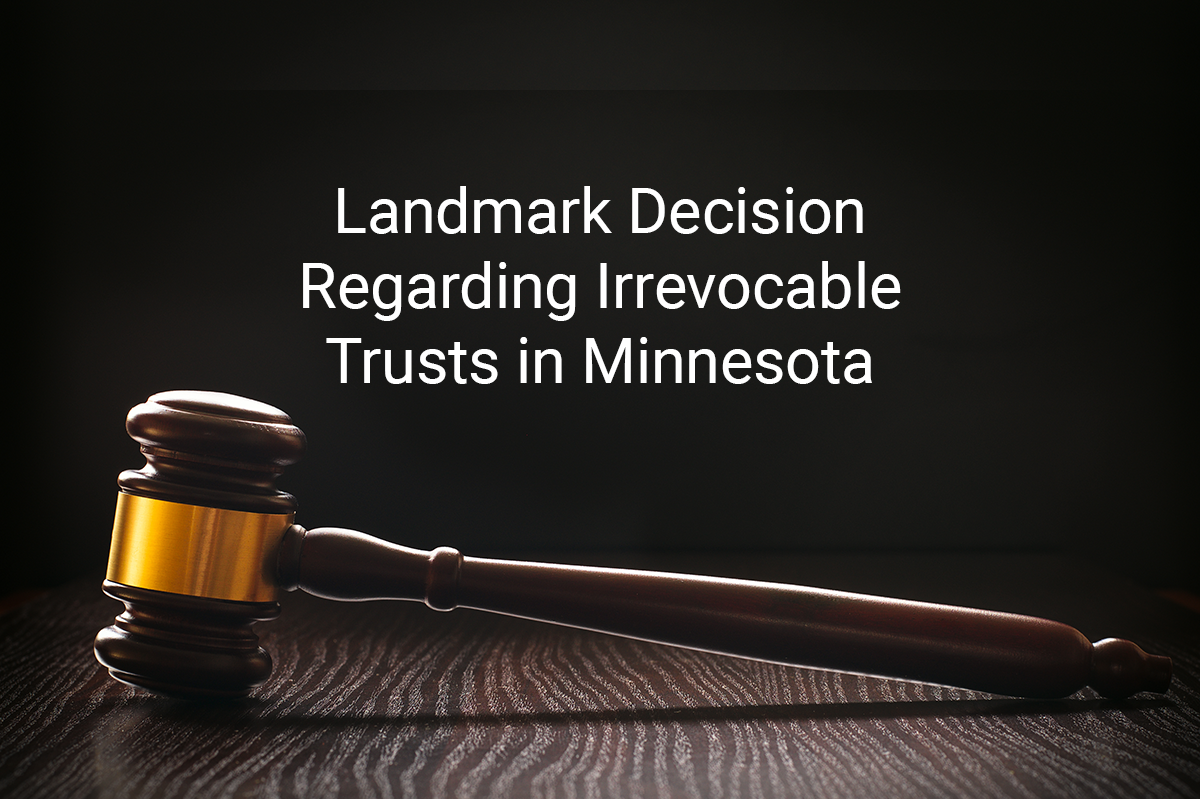
Lawyers who represent family businesses often also represent the business owners, serve as a trustee or fiduciary on the business’s board, and provide personal estate planning for the owners and other family members. While fulfilling multiple goals for clients may seem effective and efficient, it is important that the attorney consider potential ethical complications and the potential need to narrow the representation, obtain clients’ informed consent, or withdraw from a particular matter.
In family business planning, concurrent or dual representation of multiple parties may involve conflicts of interest. Model Rule of Professional Conduct 1.7 sets forth the general rule prohibiting a lawyer from representing a client if the representation involves a “concurrent conflict of interest,” as well as the circumstances under which such representation is permissible despite a conflict. The comments to Rule 1.7 provide the analysis attorneys should use to determine whether a conflict of interest can be resolved. The lawyer must do the following:
- clearly identify the client(s)
- determine if a conflict exists
- if a conflict exists, determine whether it is consentable, making the representation permissible despite the conflict
- meet with the affected clients and obtain their written informed consent.
Identify the Client(s)
Family business planning attorneys typically interact with a number of individuals, as a business may be comprised of multiple entities, each with their individual owners and managers. In addition, the family may be made up of multiple individuals, some of whom may not be involved in the business. Thus, the engagement letter of an attorney hired to represent a business should identify the client and explain that the representation of the business does not extend to the managers, shareholders, officers, directors, and so on, especially if those individuals have interests adverse to those of the business. If an attorney represents more than one party, even if there are no apparent conflicts of interest, all individuals involved should first give their written informed consent to the arrangement.
Determine if a Conflict Exists
In the representation of a family business, it is likely that some conflicts will exist. A conflict exists when the representation of one client will be “directly adverse” to another client in a transaction. However, comment 2 of Rule 1.7 explains that even in the absence of direct adversity, if there is a significant risk that an attorney’s representation of one client will be “materially limited” by the attorney’s responsibilities to another client, a conflict of interest still exists.
Decide if the Conflict Is Consentable
Some conflicts are so fundamental that even if the clients involved provide their informed consent, the attorney must decline a concurrent representation. This is the case if the clients’ interests are antagonistic to each other so that the lawyer would not be able to provide “competent and diligent representation to each affected client.” The comments to Rule 1.7 provide the following explanation: “a lawyer may not represent multiple parties to a negotiation whose interests are fundamentally antagonistic to each other, but common representation is permissible where the clients are generally aligned in interest even though there is some difference in interest among them.” If the conflict is not consentable, the lawyer must decline the concurrent representation even if the clients agree to provide written consent after the attorney has thoroughly explained the conflict and its potentially adverse consequences.
Obtain Written Informed Consent
The comments to Rule 1.7 state that for a client’s consent to be “informed,” the client must be made “aware of the relevant circumstances and of the material and reasonably foreseeable ways that the conflict could have adverse effects” on their interests. In fact, it is wise to advise the client to seek the advice of separate counsel before providing consent. Once informed consent is obtained, the attorney must obtain a written confirmation, preferably signed by the client (though this is not required by Rule 1.7), within a reasonable time after consent is given. When a family business provides consent, the written confirmation should be signed by all of the owners, if possible.
Learn more about how to avoid ethical troubles when representing family businesses by attending the webinar Ethics for Family Business Lawyers: A Practical Approach, on July 28, 2021, presented by Gregory Monday, JD. Gregory is the author of The Lawyer’s Guide to Family Business Succession Planning: A Step-by-Step Approach for Lawyers, Business Owners, and Advisors (ABA 2020).



